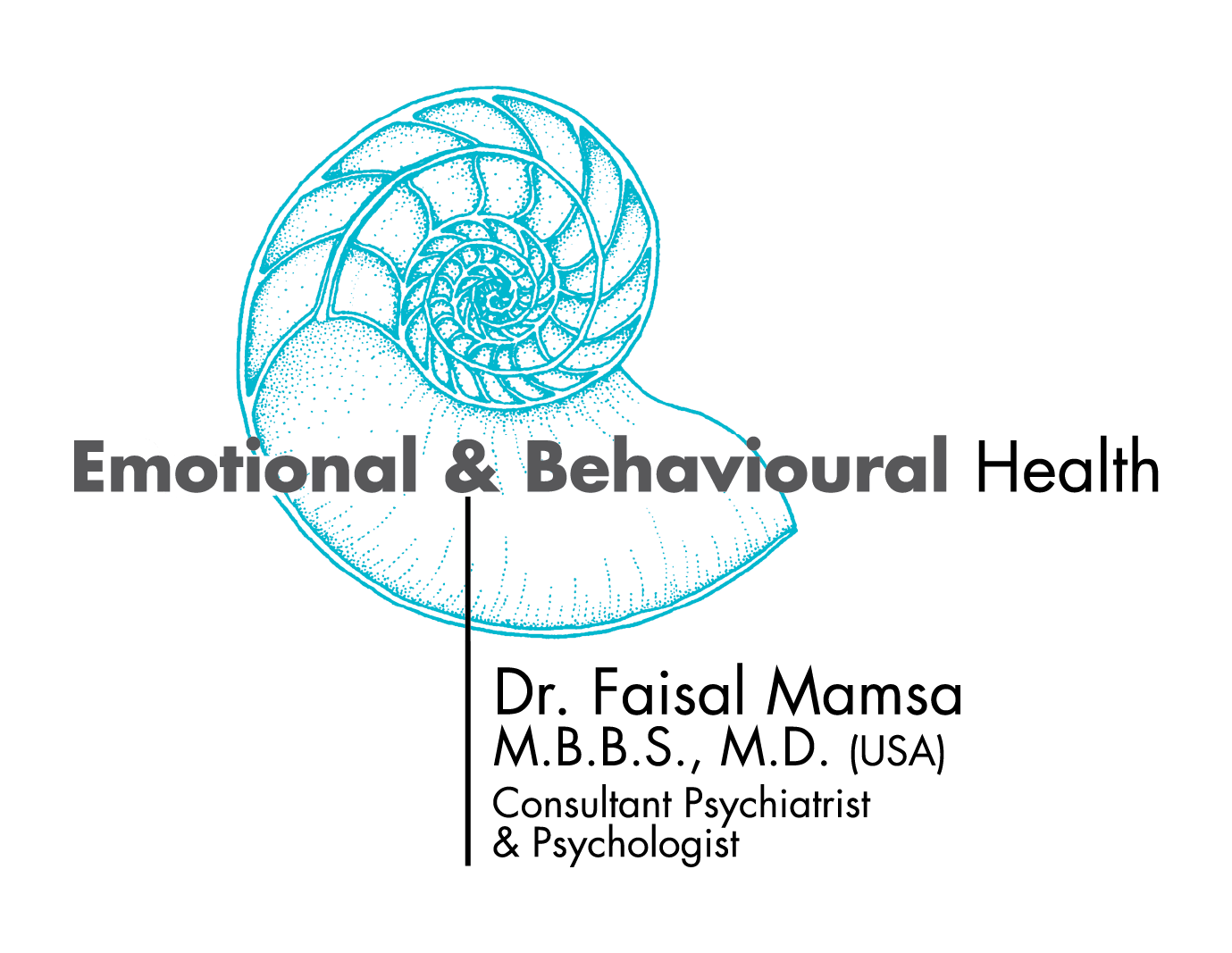World Suicide Prevention Day
Suicide. This is a word that we, as global citizens, hear more and more frequently every day. According to World Health Organization’s website, an estimated 703,000 people around the world take their own lives every year. Be it villages or cities, unfortunately, suicide cases exist everywhere. According to World Bank, in Pakistan, suicide constitutes 9.7% of all deaths, which is much higher than the global average of 0.9%. However, unfortunately, some people live in denial, and believe that this cannot happen to their family members or dear ones. As CNET News reported in 2020:
- It gets challenging to try and prevent suicides in Pakistan because due to the lack of awareness of mental health conditions
- Most of the population approaches general practitioners or family physicians for unidentified mental health problems which are then left untreated
- In addition, it was also reported that there are hardly 500 professional psychiatrists in Pakistan, of which only 110 are in Sindh
This makes it hard for trying and reducing suicide rates in Pakistan. However, before discussing its prevention, the question arises, what factors can push human beings to a mental state where they to end their own lives? Moreover, what can be done to prevent this?
What is World Suicide Prevention Day?
The 10th of September every year marks World Suicide Prevention Day, which was established in 2003 by the International Association of Suicide Prevention in concordance with the World Health Organization. This day is aimed towards spreading awareness of alternatives to suicide, to support individuals who may be at risk of committing suicide, and to encourage reduction of the stigma surrounding suicide, so that more people are able to partake in these conversations.
How Can Suicide Be Prevented?
In order to contribute towards preventing suicide, it is important to realize that:
- Suicide is always the last resort
- Suicidal thoughts are usually preceded by long-term mental disorders
- If not treated, these mental conditions can worsen and thus lead to suicidal thoughts
From this, we can infer that in order to reduce the frequency of global suicides, it is vital to actively encourage people to seek timely help for mental conditions such as depression, anxiety, and for mental disorders such as schizophrenia, bipolar disorder, personality disorders (particularly borderline personality disorder), and so on.
In Pakistani society, and in South Asian countries in general, a huge proportion of mental disorders go untreated, because they are never clinically identified in the first place. This is because:
- There is general unacceptance of mental health support
- People are discriminated against and are stigmatized if they disclose their mental illnesses
For instance, parents hide their children’s mental health conditions so that they are not outcast in their social groups. This overarching stigma prevents people from seeking help:
- If they experience symptoms of mental health disorders, instead of seeking professional help, they tend to try and self-treat their symptoms
- Even if they do seek help, they are hesitant towards consuming medication due to the fear of side effects, and they resort to self-treatment
- This is often done by resorting to cultural understanding and treatments of mental health conditions, such as misinterpreting symptoms of depression as a lack of religiosity, and attempt to treat it by increasing religiosity and avoiding medication
This leads to them seeking the wrong kinds of treatments, and often no treatments at all, which worsens their conditions. Most mental disorders entail chemical imbalance, which cannot be treated without the use of medication.
How Can You Play A Role In Increasing Awareness?
Some people do not seek professional help because they are afraid of being stigmatized. Others are influenced into believing that their mental health conditions are, in fact, crystallized parts of their identity which cannot be changed. Still others never even recognize their mental disorders, because they simply do not have the time or the mental capacity to do so.
To counter these problems, it is important to:
- Have conversations about how mental health issues are as serious and significant to treat, if not more, as physical health issues
- Educate people about the importance of seeking timely help for themselves and for people around them who might be going through mental health problems
- Spread awareness of how suicide is the last resort, which can be prevented by treating underlying conditions
Most mental health disorders are treatable with the right professional help. This World Suicide Prevention Day let’s make a promise to make a conscious effort to start these conversations in our social settings. Start at home. Have a conversation about the gravity of mental illnesses with your house-help or the gatekeeper at your place of employment. Let’s start somewhere. It all starts with dialogue!
Please take mental health seriously, because “Mental Health Matters”.
I am text block. Click edit button to change this text. Lorem ipsum dolor sit amet, consectetur adipiscing elit. Ut elit tellus, luctus nec ullamcorper mattis, pulvinar dapibus leo.
